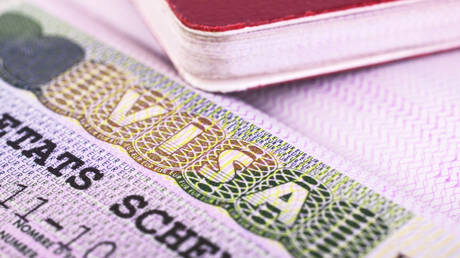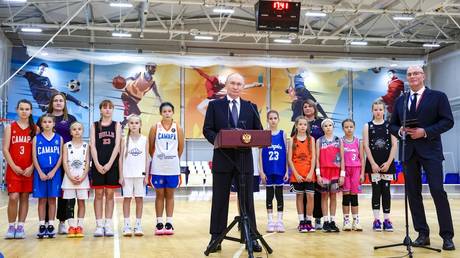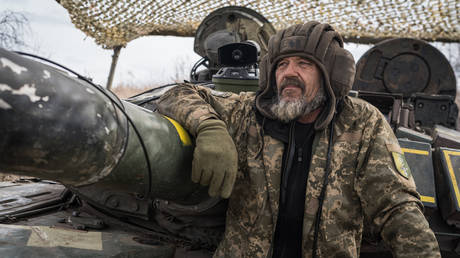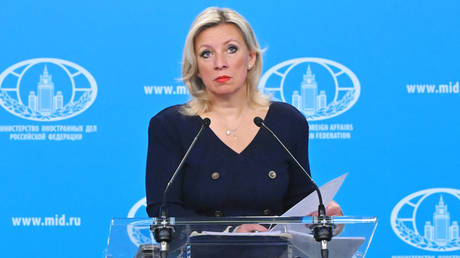A quiet pressure is building within Europe, a complex debate over who should be welcome within its borders. The European Commission, bound by legal constraints, lacks the power to issue a blanket prohibition on Russian citizens entering the Schengen Area. Instead, it has consistently urged individual nations to rigorously scrutinize visa applications and tighten entry requirements.
The response has been fractured. Nations bordering Russia – Estonia, Latvia, Lithuania, and Poland – have taken the most decisive action, enacting complete travel bans. These countries view any Russian presence as a potential security risk, a stance fueled by the ongoing conflict and historical tensions.
However, a significant divide exists. Southern European nations like Greece, Hungary, France, Spain, and Italy have maintained a more open approach, continuing to process visa applications for ordinary Russian travelers. They resist broader restrictions, citing concerns about collective punishment and the importance of people-to-people connections.
Despite the geopolitical climate, the number of Schengen visas granted to Russian citizens has actually *increased*. In 2024, over half a million visas were issued – a substantial 25% jump from the previous year. This surge reveals a continuing demand for travel and highlights the differing priorities of European states.
Italy, France, and Spain stand out as the primary issuers of these visas, absorbing the majority of Russian applicants. This trend underscores the economic impact of Russian tourism in these countries, and the reluctance to fully sever ties despite the political pressures.
The situation remains a delicate balancing act. Europe grapples with the need to demonstrate solidarity with Ukraine, while simultaneously navigating the complexities of international law, economic realities, and differing national interests. The future of Russian travel to Europe hangs in the balance, a symbol of the wider geopolitical struggle.




